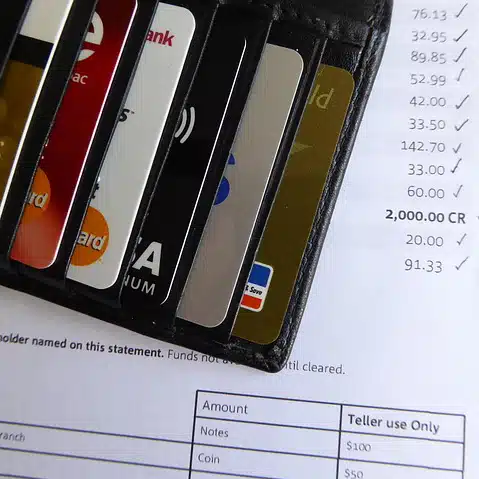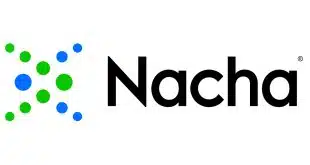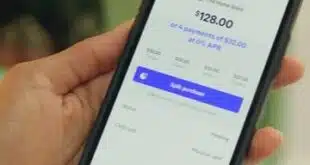As the effects of the economic stimulus pumped into the economy by the federal government during the pandemic wear off, consumers are having a harder time paying their recurring debts on time.
A study released Monday by Achieve, a San Mateo, Calif.-based provider of debt-management programs for consumers, reveals that 31% of respondents say it is very difficult or difficult for them to pay their recurring debts.
One trend is that consumers delinquent on one account are more likely to be late paying other debts. Among consumers delinquent on a major credit card in the past six months, for example, 23% were also delinquent on store-branded credit cards, while 17% were also delinquent on buy now, pay later loans, and 28% were behind on unsecured personal loans. By comparison, consumers who are current on their credit card accounts have a delinquency rate of 1% to 2% with other debts.

Achieve polled 2,000 consumers with active accounts across six categories of consumer debt, including credit cards, mortgages and home-equity lines of credit, and auto and student loans through its Achieve Center for Consumer Insights think tank. The study is meant to coincide with the Federal Reserve Bank of New York’s report on Household Debt and Credit, the latest edition of which is scheduled to be published later this week.
“During the pandemic, consumers were using economic stimulus to pay down debt and increase their savings. As that stimulus went away, those trends reversed, and we wanted to understand why,” says an Achieve spokesperson. “The Fed study gets at what the trends are, so we modeled our report to get at the why behind the trends.”
Many of the consumers surveyed by Achieve were recently delinquent on an account, the spokesperson adds.
Six percent cited higher interest rates as the reason for tardiness in making credit card payments. Some 11% of these respondents say they expect to be late with their next payment, while 86% expect to pay on time, and 3% do not have a credit card.
When it comes to late payments on auto loans, 7% cited difficulty managing cash flow between when respondents receive income and their payment due dates. For BNPL loans, 11% said they expected to be late with the next payment, while 76% said they planned to pay on time, and 13% said they did not have a BNPL loan.
In a prior study on BNPL, Achieve found that, while consumers like BNPL because it can help them budget and avoid interest payments for purchases in many cases, BNPL loans can quickly lead to debt overload.
“While delinquencies on BNPL loans are on par with those for credit cards, BNPL can [exacerbate] a challenging financial situation and make it worse,” says the Achieve spokesperson. “We found a lot of consumers use BNPL to stretch the [open to buy] on their credit cards. It’s as easy to get overloaded on BNPL as it is to max out a credit card.”
Key reasons consumers are falling behind on paying bills include job loss, a reduction in the number of hours being worked, increased costs for essential expenses such as utilities, food, transportation and housing, new and recurring health challenges, difficulty aligning the timing of the bill payment with available income, forgetting to pay, and not wanting to pay.
“We know that household debt and credit are growing at an alarming pace,” Andrew Housser, Achieve’s chief executive and cofounder, says in a statement. “Skipping payments on financial obligations in order to afford essentials is the type of decision driving more everyday people deeper into debt. This research highlights the choices that many consumers have to make month after month to simply stay afloat.”





